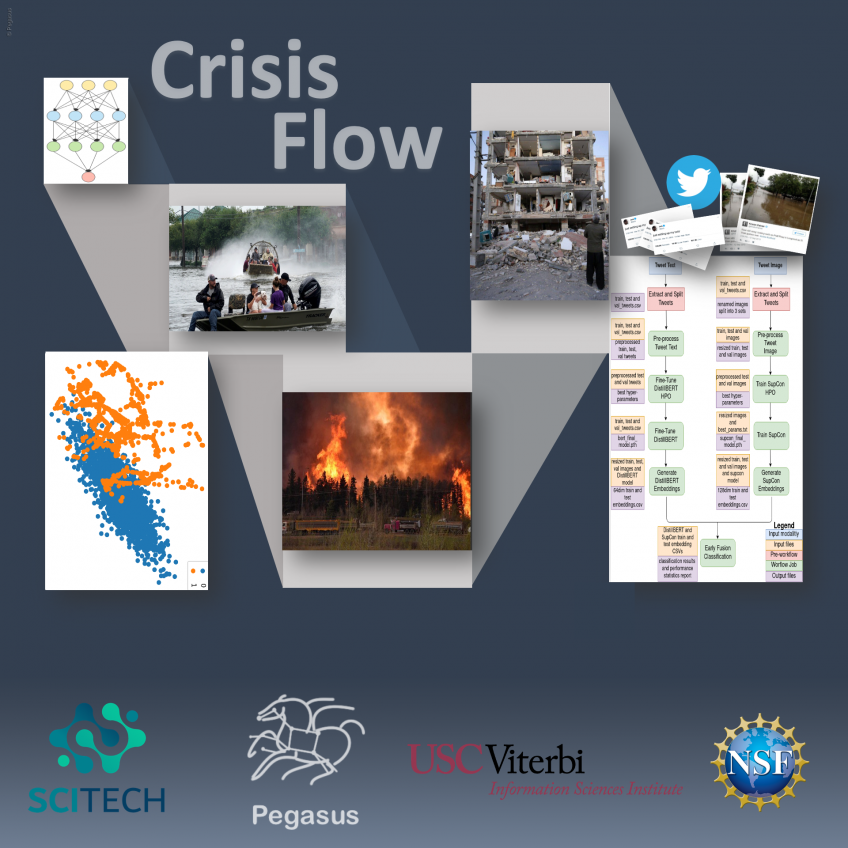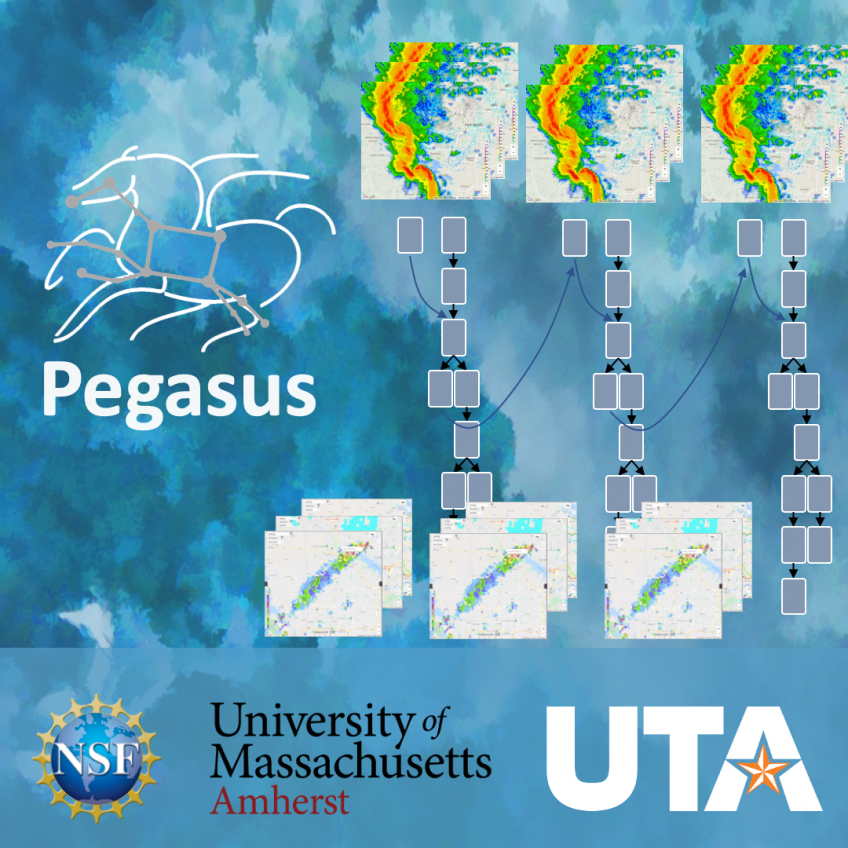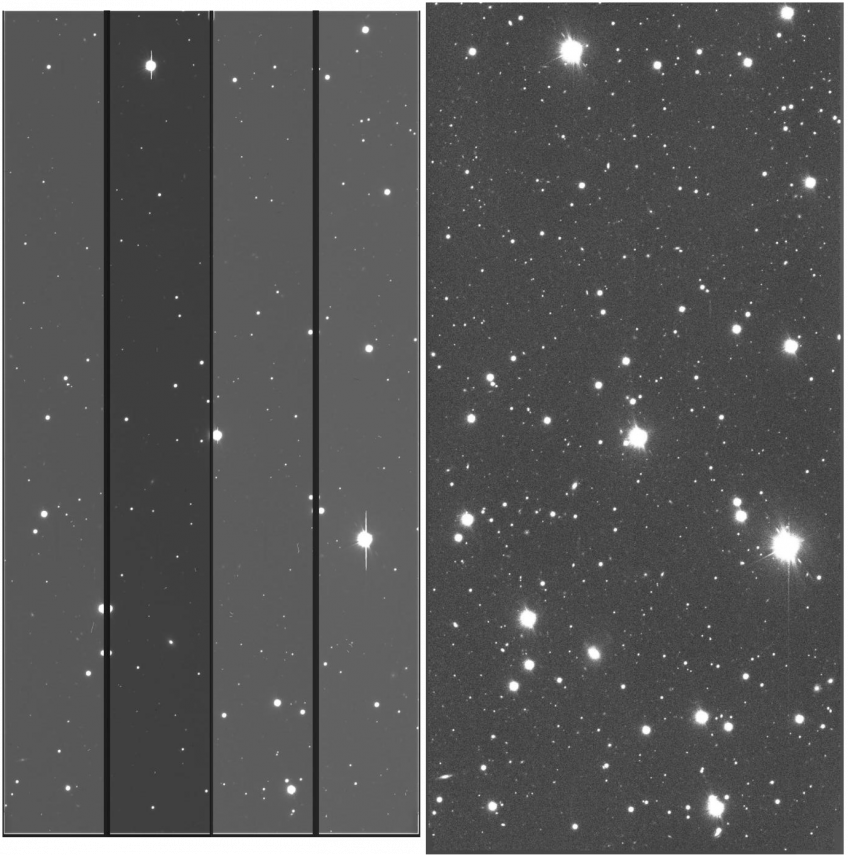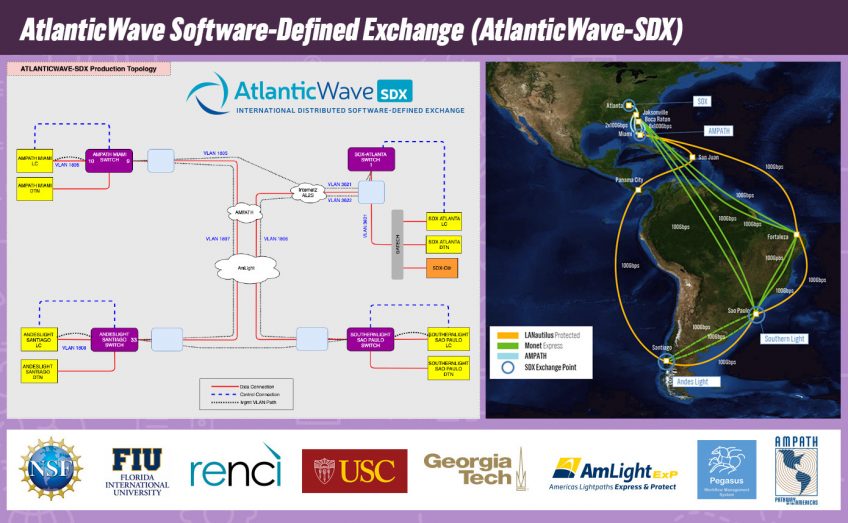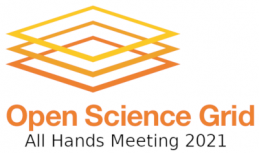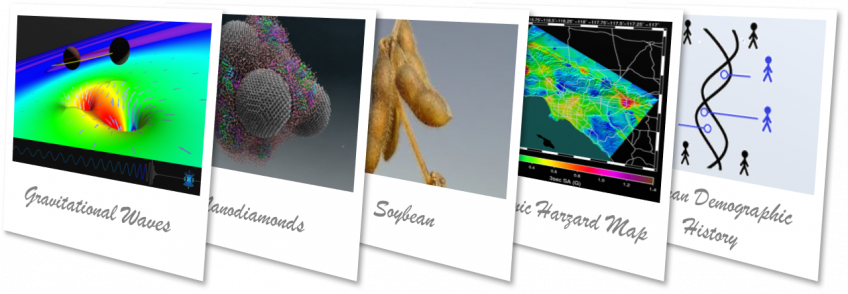CrisisFlow: Multimodal Representation Learning Workflow for Crisis Computing
USC computer science students, Patrycja Krawczuk (PhD) and Shubham Nagarkar (MS), share how they have used the Pegasus Workflow Management system to develop CrisisFlow, a computational workflow that can aid in disaster relief efforts by accurately classifying multimodal social media posts relating to crisis events.
